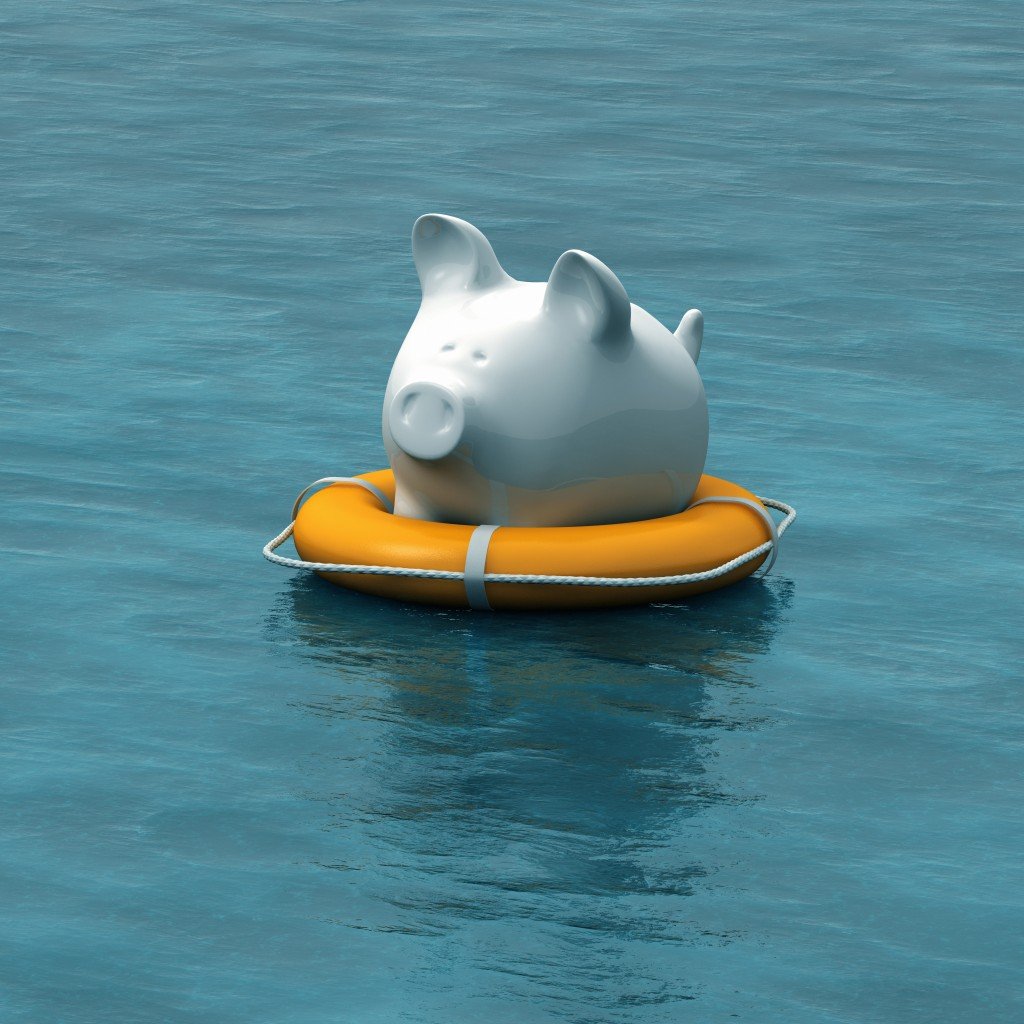Why you don’t need an emergency fund
Only the banks win when you sit on too much cash
Advertisement
Only the banks win when you sit on too much cash

Share this article Share on Facebook Share on Twitter Share on Linkedin Share on Reddit Share on Email